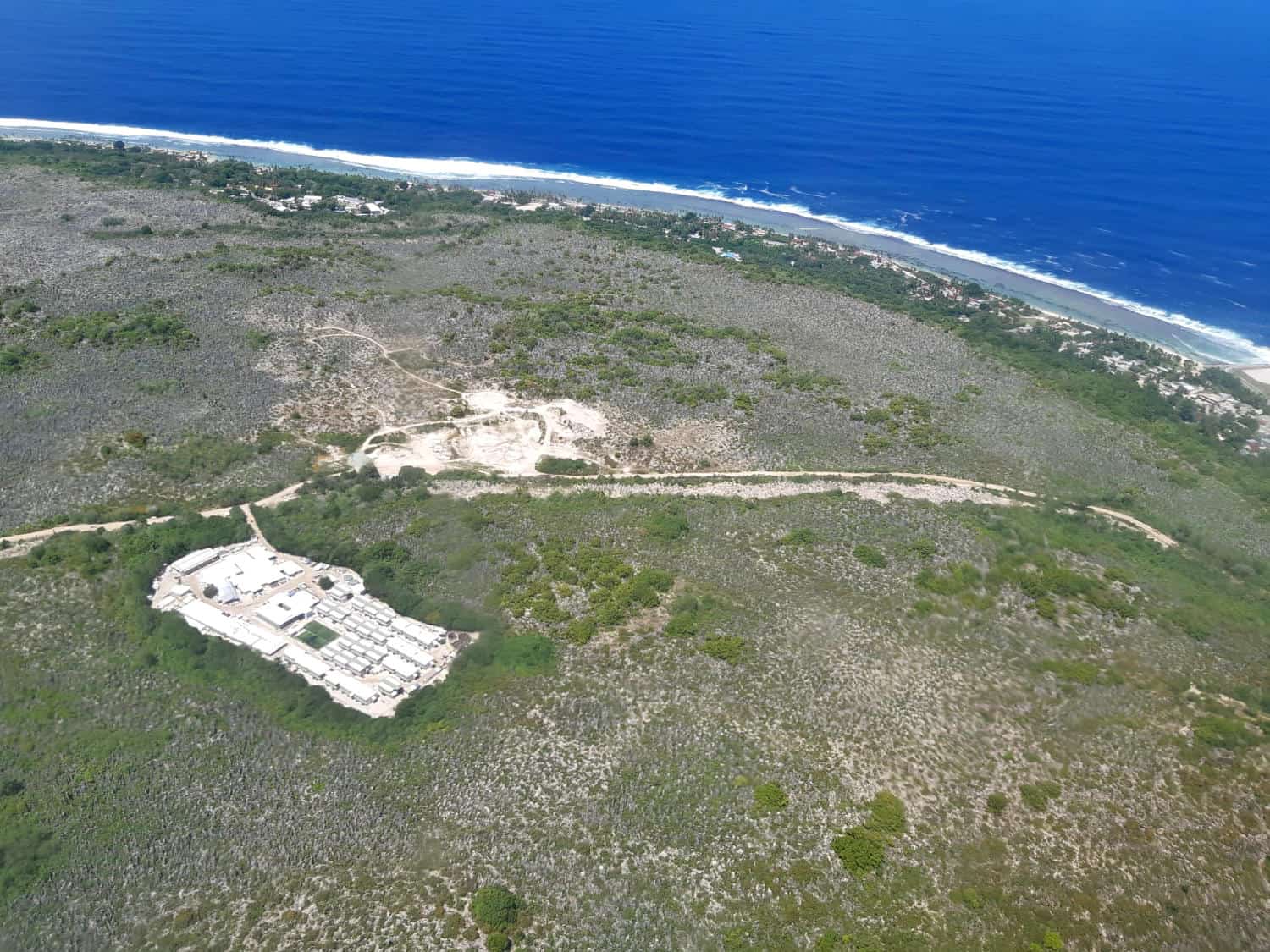The first refugees to come to New Zealand after spending years in offshore Australian detention camps have arrived.
The group landed in Auckland on Tuesday afternoon, with the Government confirming the first six refugees were on board.
A spokesperson for Immigration Minister Michael Wood said the Australian and New Zealand Governments were continuing to work together “to resettle 150 refugees annually from Australia’s existing regional processing cohort”.
The offer allows 150 asylum seekers a year, either from Nauru or temporarily held in Australia for regional processing, to come to New Zealand as refugees. The offer spans three years. The refugees also have to meet New Zealand’s Refugee Quota Programme requirements.
As of March, there were 112 refugees and asylum seekers in Nauru. There were 1100 others taken to Australia for medical reasons, with half of those living in community detention and the other half on bridging visas.
By the end of September, there was 32 people being processed for relocation to New Zealand under the 150 offer.
Wood said at the time the number of people was “not a big surprise” as it wasn’t always a quick process. As far as he was aware, no applicants had been denied by the UNHCR.
Mustafa Derbashi of the Asylum Seeker Support Trust said the arrival was “very exciting news for us and for refugees in general”.
“We wish them to have a great experience as part of our whānau to find a great safe space.”
Derbashi said there were a lot of other people waiting for a similar chance to be “treated as human beings”.
“We are very happy … but still waiting for more good news about the others, and the other refugees.”
Author Behrouz Boochani who was detained on Manus Island by Australia for six years after fleeing persecution in Iran, says the agreement is an international achievement for New Zealand.
In 2013, Australia announced no asylum seeker, many fleeing persecution or violence, arriving by boat could settle on its shores. A 2016 deal with the US, an agreement to take 1250 of those living in offshore detention camps, was a year later at the centre of a spat with then-President Donald Trump and then-Australian Prime Minister Malcolm Turnbull – which ended with Trump calling it a “dumb deal”.
New Zealand first made the offer in 2013. Australian PM Scott Morrison said in 2018 that refugees could use New Zealand as a “back door” into Australia, should it be accepted.
When the offer was taken up in March this year, author Behrouz Boochani, who was detained on Manus Island by Australia for six years after fleeing persecution in Iran, said the agreement was an international achievement for New Zealand. “These refugees have been living in limbo, in very harsh conditions, in a very difficult situation for many years,” he said at the time.
